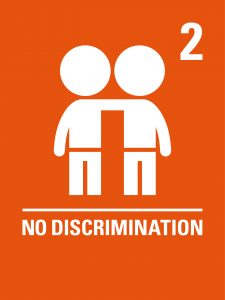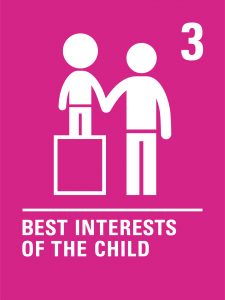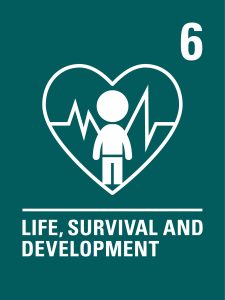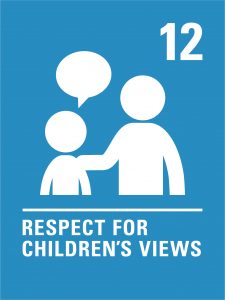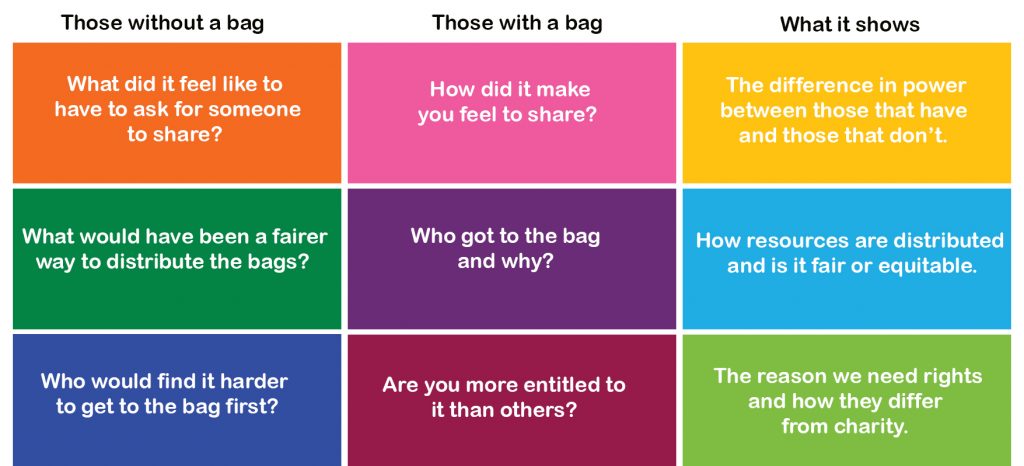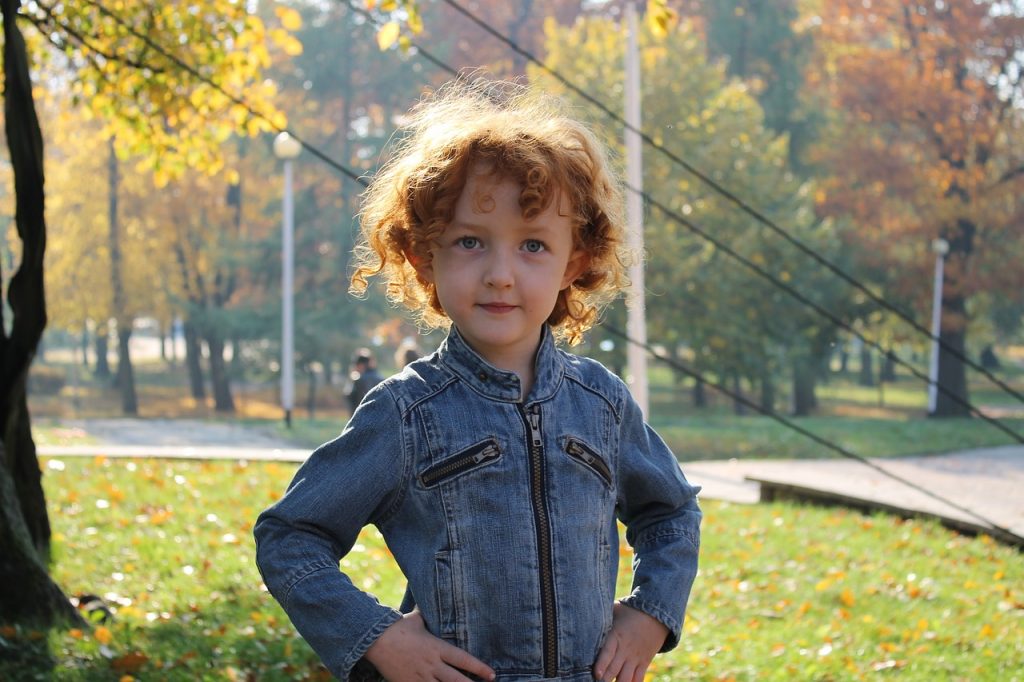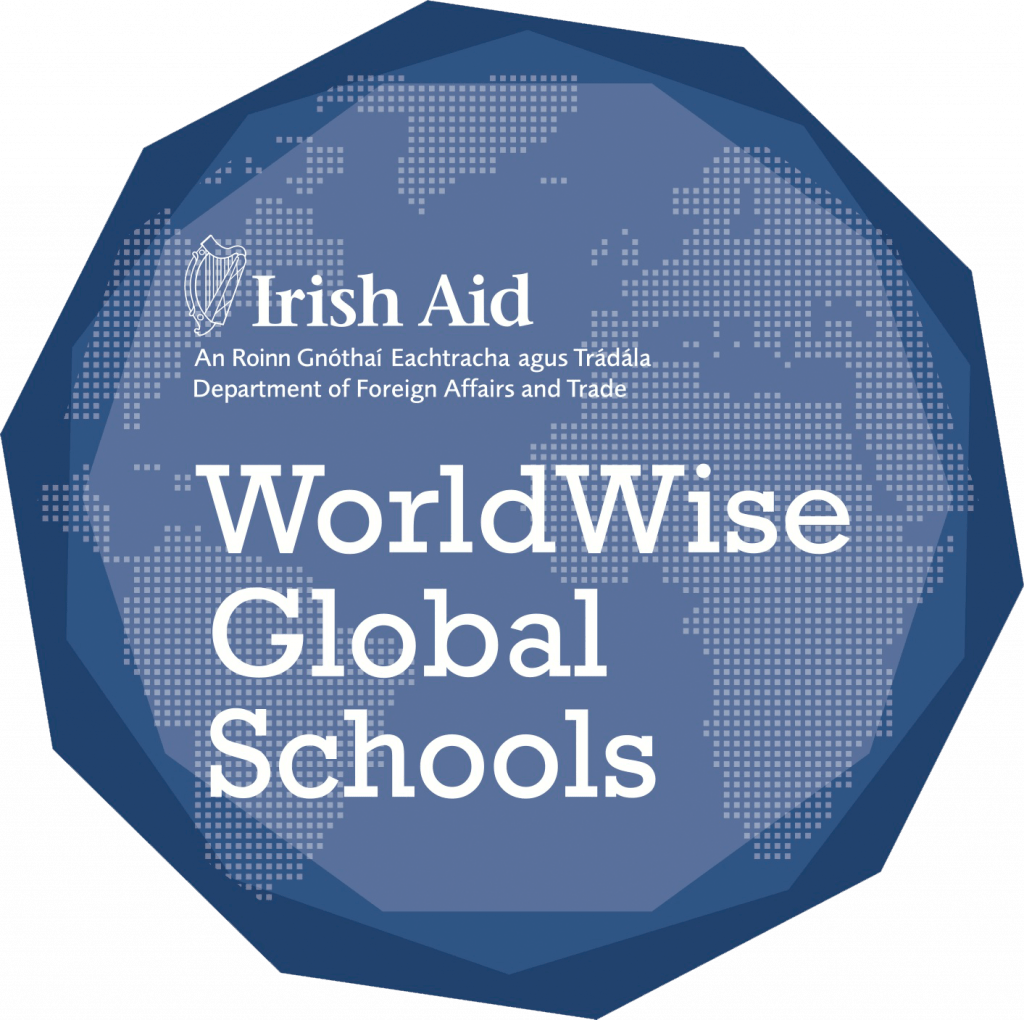All children have the same rights
CHILDREN’S RIGHTS are the civil, political, economic, social and cultural rights that all children everywhere are entitled to. These rights are set out in the United Nations Convention on the Rights of the Child. In this workshop, participants will develop a deeper understanding of children’s rights and how they can stand up for the rights of others in Ireland and around the world.
Workshop Activities
| Activity 1 | Introduction to Child Rights | 30 Mins |
| Activity 2 | Understanding Your Rights | 30 Mins |
| Activity 3 | Child Rights Challenges Ireland | 40 Mins |
| Activity 4 | Child Rights Challenges Globally | 40 Mins |
| Activity 5 | A Child Rights Future Challenges | 40 Mins |
Learning Objectives
- Develop an understanding of the United Nations Convention on the Rights of the Child.
- Explore examples of child rights violations in Ireland.
- Explore emerging global challenges for children
- Apply learning by devising new rights to adapt to current challenges.
Curriculum Connections
JUNIOR CYCLE
Statements of Learning
SOL 6: Appreciates and respects how diverse values, beliefs and traditions have contributed to the communities and culture in which she/he lives.
SOL 7: The student values what it means to be an active citizen, with rights and responsibilities in local and wider contexts.
SOL 9: The student understands the origin and impacts of social, economic, and environmental aspects of the world around her/him.
SOL 11: The student takes action to safeguard and promote her/his wellbeing and that of others
SOL 23: Brings an idea from conception to realisation
CSPE 1.1, 1.3, 1.8, 1.9, 1.11, 2. 1, 2.5. 2.9, 2.10
English OL 2, 3, 4, 10; SC 3.4.1
Geography SC 7
History JC 1.11, 2.11 SC 1.5
Politics and Society 2.5, 4.1, 5.1, 5.3
SPHE 1.8, 1.9, 2.3, 2.8
Resources
Definitions:
Traveller community – As per the Equal Status Act, 2000, the term “Traveller community’’ means the community of people who are commonly called Travellers and who are identified (both by themselves and others) as people with a shared history, culture and traditions including, historically, a nomadic way of life on the island of Ireland.
Teaching Notes
Sensitive Issue – This topic can be upsetting and could have a direct impact on participants, who might be or have experience of a child rights violation or who might be connected to someone who has. Acknowledge this with the group and ensure they have a choice about whether or not they wish to attend the activity and that there is someone people can speak with if they are upset. Before delivering the workshop, make sure you read this helpful guide on how to handle sensitive topics in the classroom.
UNICEF encourages peer-led learning. If you are running this workshop with your peers, please consult with your teacher or youth worker ahead of delivering the workshop. The discussions you have with participants in the workshop activities need to be handled sensitively and with consideration given to participants’ backgrounds and experiences.
In the 54 articles of the UN Convention on the Rights of the Child there are a total of
rights for all children. 193 states have signed the Convention, agreeing to implement it in full.
Activity 1 – Introduction to Child Rights
Duration: 30 Mins
The aim of this activity is to introduce participants to the United Nations Convention on the Rights of the Child. Please download this presentation to support your discussion.
Discussion: Every human is entitled to rights, these rights are called your human rights. Children, however, have special rights, because being young makes them more vulnerable and dependent on adults to survive. Up until they reach the age of 18, adults and governments are duty-bound to protect children’s rights. A child is defined as anyone up to the age of 18.
Children’s rights are the civil, political, economic, social and cultural rights that all children everywhere are entitled to. These rights are set out in the United Nations Convention on the Rights of the Child.
These rights are universal, meaning all children have the same rights, no matter where they live or who they are, no matter their race, no matter their sex or any other status. A child is a child. All children in Ireland, and around the world, have these rights – the right to survive, to thrive and to fulfil their potential.
Activity: Rights versus Charity Understanding the important distinction between rights and charity. Take a bag of supplies that can be divided among the group (individually wrapped Fair Trade sweets like Maltesers, jellies or crisps work well).
Make sure you only put out enough for half the class.
- Ask participants to come up to the front of the room, to grab a packet of sweets/crisps etc., sit down but don’t open them.
- When everyone is seated they can open their bag.
- For those who did not get a bag of sweets, tell them to ask the person next to them if they will share.
- People can now eat their sweets or crisps.
Explain to participants that the sweets represent a person’s needs (something that is necessary to live a safe and healthy life.) Needs differ from wants (something your wish to have). Every person has a right to have their needs met. A right is not something that is deserved, you don’t have to be worthy to receive it or earn it. The following questions will help explain the difference.
Questions to ask participants:
Activity 2 – Understanding Your Rights
Duration: 30 Mins
This activity provides participants with a deeper understanding of the Convention and children’s rights.
Group work: Divide participants into 6 groups and give each group a copy of the United Nations Convention on the Rights of the Child. Ask participants to discuss the following:
Group 1: Read Article 4 and 42 – discuss, summarise and rate your knowledge of the Convention. Do you know who in Ireland is tasked with upholding your rights? Where do you go if your rights are not being protected? Where do children learn about their rights?
Group 2: Read Article 3 & 6, discuss, define and summarise why children need to have their own human rights treaty and why are the best interests of the child important. Why does childhood need to be protected? Are their any other groups that have their own human rights treaty, what ties these groups together?
Group 3: Read Article 2, discuss and summarise why is this one of the four general principles of the Convention and why rights are for all children, cannot be taken away and are unconditional. Describe any groups of children who are vulnerable and who can face discrimination in Ireland?
Immigrant children, traveller, LGBTI children and children with a disability are some groups in Ireland that can face difficulties in being treated equally.
Group 4: Discuss, define and summarise the concept of “needs” versus “wants” and how they relate to rights. Create a list of needs and a list of wants. Do some wants feel like needs?
Group 5: Read article 12, discuss and summarise, why is this one of the four general principles of the Convention. What does this mean exactly? Do you feel this right is upheld in Ireland, in school, at home?
Group 6: Discuss and summarise what has changed for children in Ireland over the last 30 years, what are today’s challenges and what would you add to the Convention if you could?
Feedback: Ask each group to feedback their summaries, clarify and add any additional information that gives participants a better understanding of the Convention and its purpose.
Activity 3 – Child Rights Challenges Ireland
Duration: 40 Mins
The aim of this activity is to identify challenges within Ireland in realising the rights of all children.
Please note – This activity singles out one group of children, Traveller children and describes a real-life situation of the upsetting conditions children have grown up with. Please be aware of people in the room that might find this upsetting, who might find themselves living in similar conditions or if there are members of the Travelling community in your class who might feel singled out as a community. Refer to the guidelines in dealing with sensitive topics. Be willing to change the content of this activity if it is not suitable for your circumstance.
Activity: Step One: Ask participants to take out a sheet of paper and a pen, ask the group to reflect for a few minutes on which children in Ireland are most likely to suffer from violations of their rights and write down their views on a sheet of paper. Ask for a show of hands, who wrote down “traveller children”? There are many children whose rights are not adequately protected in Ireland as a group, however, Traveller children for many years have suffered from multiple forms of inequality. According to a report published in 2020, Traveller babies are three times more likely to die in their first year than infants in the settled population. Traveller teenagers and young adults are significantly more likely to smoke, drink alcohol or use cannabis. They are more likely to leave school early, marry at a younger age and have lower health and wellbeing indicators than the majority of Irish children.
Step Two: Ask participants to list what rights within the Convention on the Rights of the Child are likely jeopardised for Traveller children.
Step Three: Ask participants to record the year they were born on the sheet of paper and the number of years they have left of childhood (until they are 18).
Step Four: Read out the following excerpt from the Department of Justice Equality and Law Reform “FIRST PROGRESS REPORT OF THE COMMITTEE TO MONITOR AND CO-ORDINATE THE IMPLEMENTATION OF THE RECOMMENDATIONS OF THE TASK FORCE ON THE TRAVELLING COMMUNITY” 5 DECEMBER, 2000
2000
“Life as a Traveller – The Reality
About one-quarter of all Traveller families continue to live out their day to day lives in very poor conditions. Five years after the publication of the Task Force Report, there is a lack of real improvement on the ground. This and the daily reality of discrimination makes it very difficult for a large section of the Traveller community to have faith in the promises contained within the recommendations of the Task Force Report. The words of the 1986 ESRI report “the circumstances of the Irish Travelling people are intolerable. No decent or humane society once made aware of such circumstances, could permit them to persist.” are still relevant in the year 2000. This is the case despite the huge efforts made at informing the general public of the position of the Traveller over the past twenty years. It raises very serious questions both at home and abroad of our society and why we have been unable to make significant improvements in the quality of life for the Traveller community.”
Step Five: Ask participants to record their age in 2005 on the sheet of paper and the number of years of childhood they have ahead of them.
Step Six: Ask a participant to read out the following excerpt from Michael D Higgins a Dáil debate on Wednesday, 30 November 2005.
2005.
“A five-year strategy has been published but in what conditions are families living? The 18 families living on the Carrowbrowne halting site must wash using a cold tap because no electricity or toilets, apart from portakabins, are available. A recently widowed woman, whose family featured on the news recently, is trying to rear her 11 children in these conditions. This is a flagrant violation of human rights and should be reported to the Office of the United Nations High Commissioner for Human Rights in Geneva as a complete failure on the part of the authorities
After the children at the site indicated that all they wanted for Christmas was electricity, my colleague, the former mayor of Galway, Councillor Catherine Connolly, proposed a resolution to this effect in Galway City Council. In fairness to the city councillors, the resolution was passed unanimously before last Christmas. When no action had been taken by March, councillors from all parties and independents unanimously passed a second resolution. The latest development is that council officials have produced a report on the state of the site suggesting that all the families at Carrowbrowne will have to move to another temporary site while work is carried out on the site. The proposed location to which the families are to be moved is in the control of Galway County Council. No planning permission has been approved for this site and no timescale has been given for the works at Carrowbrowne. Meanwhile, 18 families face Christmas with a cold tap and no electricity.
An outrageous falsehood has been perpetrated that the conditions at the site are not safe, even for temporary generators. Those who have skills in this area have indicated this is simply not the case and that part of the site could be refurbished while other parts were occupied. Parts of the site are kept in a wonderful condition by individual occupants.
I am not interested in hearing words about this issue. The families in question have been on the site for an average period of four years. Parents are trying to rear their children under the conditions I have described, which Galway City Council has addressed unanimously not once, but twice. Despite this, the council’s decision has not been implemented.
I welcome the Minister of State who will be aware that the Department has responsibility for requiring that local authorities meet their obligations on the housing of Travellers. What does the Government propose to do for the children in question this side of Christmas? As a Member of the Oireachtas who has drawn attention to conditions on the Carrowbrowne halting site in 1994, 2001, 2003 and again in 2005, I will try to seek advice to determine if we can legally prosecute the State for allowing conditions on the halting site to persist and the democratic will, as expressed by the local authority, to be frustrated and not implemented.
In recent days, looking at one of the widows living on the site, I asked myself how she can handle what she is going through with 11 children, a cold tap, no hot water, no permanent generator, a Portakabin, no proper toilets and so forth. It is a badge of shame on this country that despite the publication of photographs of the site ten years ago, several unanimous resolutions by Galway City Council, and an indication given to me in this House on one of two occasions when I raised the issue that the National Building Agency would complete the most urgent repairs within a month, nothing has been done. I ask the Minister of State to give me a timescale for putting an end to this disgrace”
Step Seven: Ask participants to record their age in 2010 on the sheet of paper and the number of years of childhood they have ahead of them.
Step Eight: Ask a participant to read out the following excerpt from Magill Magazine written on the 19th of February 2010.
2010
“The Galway Traveller Movement carried out this research between 2007 and 2009 before the site was refurbished. It is a detailed analysis of the health of 101 residents on the site, with the findings a combination of residents’ experiences and medical records. It found that:
- The site had no electricity except for a generator that was off at night and very expensive to run
- The site had no hot water and the cold water came from 2 external cold water taps and a fire hydrant
- There were no plumbed toilets – the toilets were 22 old portaloos that were emptied twice a week
- The site was rat-infested
- The site was beside Headford Road, which has a speed limit of 100km an hour
- The site was on an old landfill site and beside a composting site
- The surface of the site was mostly gravel, which made it prone to flooding and made access to portaloos impossible
- There were no green areas, no play areas, far from shops and services and no footpaths
- There was no caretaking provision on site
- Emergency services were not able to access the site
While it is obvious living in such an environment would have very negative impacts on the residents’ health, what is significant about this research is that it is the first time that the relationship between Travellers’ accommodation and their health has been examined.
We know that Irish Travellers live about ten years fewer than their settled counterparts and that they experience greater levels of illness. This research clearly finds this from their medical records. Residents are much more likely to have higher rates of asthma, diabetes, kidney infections and anxiety and depression, as well as being more at risk of suffering accidental injury.”
Step Nine Ask participants to record their age in 2019 on the sheet of paper and the number of years of childhood they have ahead of them.
2019
Step Ten: Ask a participant to read the following article by Kitty Holland from The Irish Times written on the 19th of February 2010.
Step Eleven: Feedback: Ask participants to reflect on the children who had grown up on the halting site in Carrowbrowne and how the conditions they were having to live in might have impacted out their childhood. What would you think having grown up in Carrowbowne, about the Government or how would you feel about settled people? How do you think you would feel going into school, would your concentration on learning/homework be impacted? Would this impact on your self-worth? What would you do to cope? Might this have long term consequences for them? Ask them to record their thoughts and feelings.
Step Twelve: End the activity with care and consideration for the information shared and the emotions that might have resulted. Inform participants that not all Travellers have experiences like this. This is an example of an extreme situation. Ask participants what they could do to change the situation. Here are a few suggestions:
- Go to the Irish Traveller Movement and earn more about Traveller history and culture. Know the facts about their discrimination in Ireland.
- Celebrate diversity and inclusion by following the Yellow Flag Programme in your school.
- Challenge friends and family when you hear misinformation or discrimination.
- Show your solidarity and support Traveller movements.
Extension: Learn more about children’s rights in Ireland.
Find out how Ireland scores on the Global Kids Rights index and compare this with other countries around the world.
Read Ireland’s last report by the Committee on the Rights of the Child. The United Nations Committee on the Rights of the Child (the CRC Committee) is a group of experts who examine countries to see how well they are protecting the human rights of children. On 14 January 2016, the CRC Committee reviewed Ireland to see how well the Government is protecting the rights of children. The link provides you with a summary of their review.
Ireland will be undertaking a new review process in 2022. Share with us your thoughts, concerns or reflections on children’s rights in Ireland, by sending us an email vivienne@unicef.ie.
Activity 4 – Child Rights Challenges Globally
Duration: 40 Mins
Discussion: Children’s rights are violated around the world each and every day, Even in wealthy nations, not all children benefit from the same rights. Poverty is one of the main factors preventing children and young people from accessing their basic human needs: safety, water, food, healthcare and education. This compounded by inequality, violence, conflict, and the climate crisis.
Group Work: Divide the group into smaller groups handout this worksheet and assign a video to each group. The videos depict a family or child from different regions of the world who are experiencing poverty and insecurity. Ask participants to complete the handout. They should describe the situation presented in the video in the circle marked CHILD. In the six circles around the CHILD, they are to describe how the situation is impacting that specific need for the child (the video might not describe the need, but they are to imagine and describe the impact based on the situation presented.) In the larger circle drawn around the 6 circles, participants can add a description of any long-term impact of missing out on these key survival needs. (e.g. brain development, mental health problems, lacking in knowledge, skills, training for employment or to escape poverty, forced marriage, disease, addiction,) In the RIGHTS boxes, participants are to use a copy of the UNCRC to determine the rights that are being violated.
Feedback: Bring the groups back to share their discussions.
Extension: Ask participants to go to UNICEF’s SDG hub to connect the issues discussed in the activity with specific Sustainable Development Goals and targets. Or explore UNICEF’s UNCRC mapping of the goals.
Activity 5 – A Child Rights Future Challenges
Duration: 40 Mins
Video: 30 Years on since the adoption of the UNCRC, UNICEF calls on Member States to recommit their pledge to children.
Discussion: It has been over 30 years since the UNCRC was written and nearly 30 years since Ireland ratified the treaty. Having discussed the Convention from a local and global perspective, do you think the Convention needs to be reviewed? What would you add to it, to better protect children’s rights?
The world is continually changing and as a result, people can face new challenges. Treaties, in turn, need to adapt and change to meet those challenges. These changes to UN treaties are called Optional Protocols. A protocol may be on any topic relevant to the original treaty and is used either to further address something in the original treaty, address a new or emerging concern or add a procedure for the operation and enforcement of the treaty.
They are ‘optional’ because the obligations may be more demanding than those in the original convention, so States must independently choose whether or not to be bound by them. Optional Protocols are treaties in their own right and are open to signature, ratification or accession.
For example, to help stem the abuse and exploitation of children worldwide, the United Nations General Assembly in 2000 adopted two Optional Protocols to the Convention on the Rights of the Child to increase the protection of children from involvement in armed conflicts and from sale, prostitution and pornography. In 2014, a third Optional Protocol was adopted, allowing children to bring complaints directly to the Committee on the Rights of the Child. The Committee then investigates the claims and can direct governments to take action.
Brainstorm: Today’s Challenges – Create a list of challenges for children in Ireland and globally. Ask participants to take the list and see if there is a corresponding right for that concern (e.g. concern: bullying in school/ Article 19. Narrow the list down to highlight those issues that are not covered by the Convention or are not comprehensive enough to fully protect children. (e.g. Climate Change Environment, Digital rights, Gender and identity rights ) Divide the wider group into each issue and ask them to devise a new optional Protocol for the UNCRC or redraft an article to better protect children and young people.
Take Action
We all have responsibility for achieving the Sustainable Development Goals by 2030. The SDGs cannot be achieved without the realization of child rights and below is a brief selection of goals and their targets that support the realisation of child rights. Use them, along with the Convention on the Rights of the Child to support your call to take action and address these issues. Below are just a few suggestions of actions you can take.
Tools
Explore
This activity can help your school achieve a Global Passport Award. Learn more or apply at WWGS’s Global Passport Award.
Funded by Irish Aid’s WorldWise Global Schools – contents are the responsibility of its author and do not necessarily represent or reflect WWGS and or Irish Aid policy.
